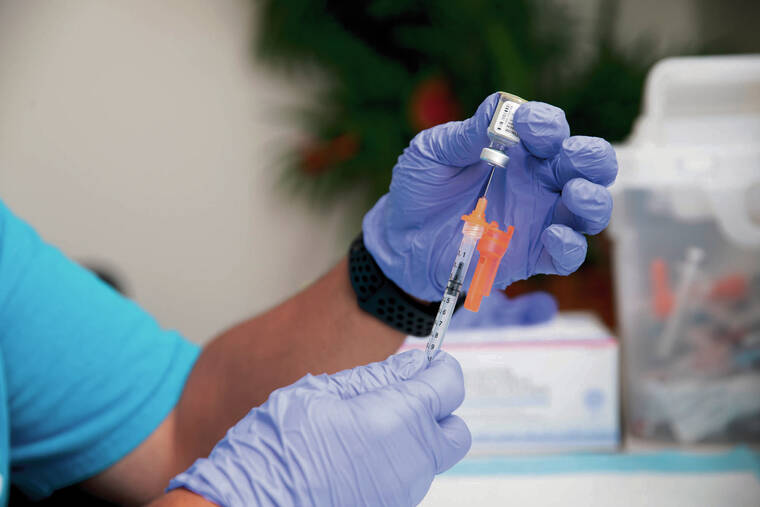heirloomgal
Garden Addicted
- Joined
- Jan 17, 2021
- Messages
- 5,134
- Reaction score
- 16,847
- Points
- 285
- Location
- Northern Ontario, Canada
Here's an interesting thing about this @Gardening with Rabbits. In 2018, when I got my dog, I brought him to the vet for deworming. While there, of course, she mentions vaccinations. The man I got my puppy from had already brought him to a vet for shots as far as I knew, so this seemed unnecessary to me. She mentions boosters and this and that, he has no protection to this and that, and having once worked in a vet clinic, I knew the game. (I also saw many animals die of the most high $$value$$ preventative care money could afford, especially heartworm treatment.) Their bread and butter is this stuff. I stood my ground, I have a lot of practice at that.I was told, well not told, my paperwork was THROWN at me from a jackass doctor who said GET VACCINATED, YOU ARE NOT RUBELLA IMMUNE.
If I had actually believed her relentless arguments I would have been out close to a thousand bucks, and injected my dog with unnecessary "whatever". Veterinary medicine faces much of the same pharmaceutical pressure as human medicine.
Parvovirus, which is considered probably the most dangerous disease to dogs, was actually introduced by feline parvo vaccines in the 1970's. It's a vaccine induced disease.
But you have to wonder, how is it I can easily test my dog's immune system (it was $50) response to whatever pathogen, but we can't perform the same test on humans? Seems very strange to me.
Last edited:



